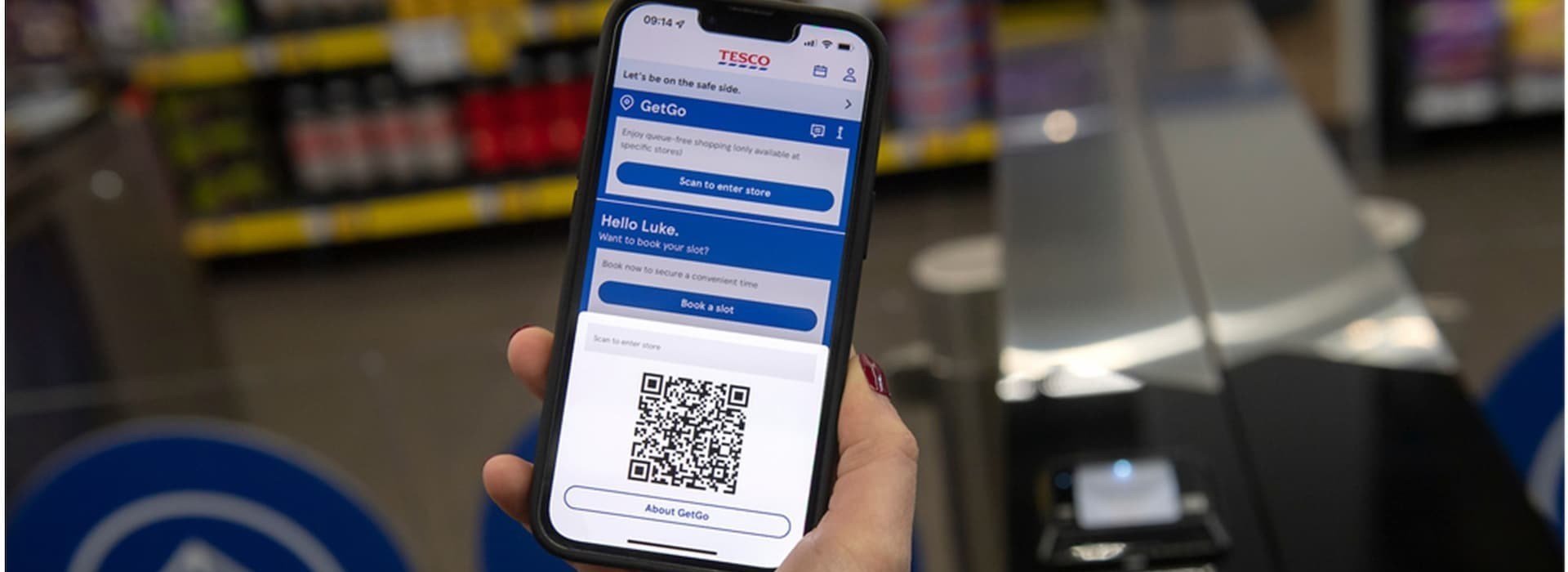Zebra Technologies highlights omnichannel retail fulfilment challenges/advances
A majority of retailers will soon be able to offer same-day delivery, whilst fulfilment disruption will be led by drones, autonomous vehicles and crowdsourced models, according to research by Zebra Technologies.
This surveyed more than 2,700 professionals in transportation and logistics, retail and manufacturing firms across the US, Canada, Brazil, Mexico, Colombia, Chile, France, Germany, UK, Italy, Russia, Spain, China, India, Australia and New Zealand. It found that 78% of logistics companies expect to provide same-day delivery by 2023 and 40% anticipate delivery within a two-hour window by 2028.
In addition, 87% of survey respondents are set to use crowdsourced delivery or a network of drivers that choose to complete a specific order by 2028. At the same time, however, only 39% of supply chain respondents reported operating at an omnichannel level. Reducing backorders was the biggest challenge to reaching omnichannel fulfilment for one-third of respondents, followed by inventory allocation and freight costs.
76% of surveyed retailers use store inventory to fill online orders, and 86% plan to implement buy online/pick up in-store in the next year. Retailers are investing in retrofitting stores to double as online fulfilment centres and shrinking selling space to accommodate e-commerce pickups and returns. Globally, 87% of respondents agreed that accepting and managing product returns is a challenge.
The increase in free and fast product delivery corresponds with an increase in product returns, a costly concern that retailers struggle to manage efficiently across many different purchasing models. Seven in ten surveyed executives agreed that more retailers will turn stores into fulfilment centres that accommodate product returns. More than 60% of retailers that currently do not offer free shipping, free returns or same-day delivery plan to do so, while 44% expect to outsource returns management to a third party.
RFID technology and inventory management platforms are expected to grow by 49% in the next few years. Whilst next generation supply chains will reflect connected, business intelligence and automated solutions that will add newfound speed, precision and cost effectiveness to transportation and labour. The most disruptive technologies are set to be drones (39%), driverless/autonomous vehicles (38%), wearable and mobile technology (37%) and robotics (37%).










